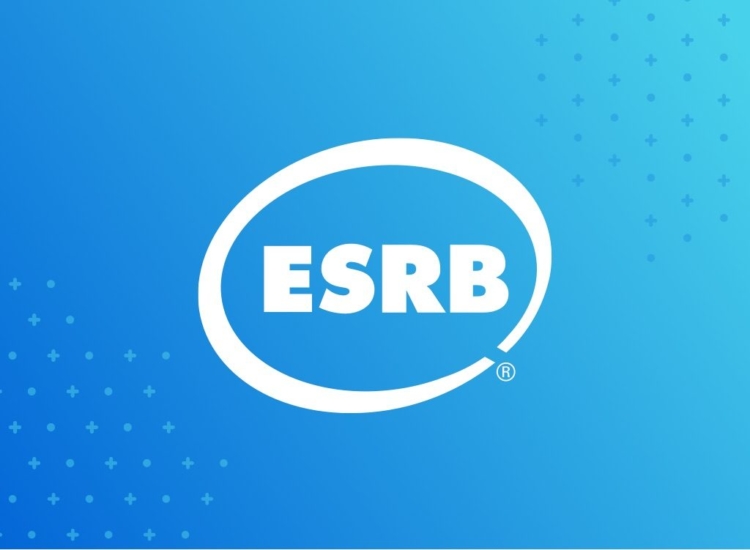Summer Vacation Tips for Parents: Getting the Most Out of Video Games

With school out for the summer and many camps closed, kids have more time on their hands than usual. Video games are a natural means of filling that time. And with social distancing still in place in many parts of the country, kids are hungry for social time and connecting with their friends. So why not make the most of it?
In fact, according to psychologist and author Peter Gray, Ph.D., video games can help “counteract the harmful effects of the loss of other forms of play” in the real world. Specifically, Dr. Gray highlights what he calls “free play,” or the ability to meet with other children and peers to participate in games and activities that are not directed by adults. This has declined in recent decades and can be replaced in part with video games.
Here are a few simple things that parents can do to help ensure that their kids are getting the most out of the time they spend playing video games.
- Choose age appropriate games – ESRB ratings make it easy. They are displayed on the game’s packaging or wherever you purchase or download games online. There are three parts to each ESRB rating – an age Rating Category, Content Descriptors and Interactive Elements which notify parents about games that enable players to play with each other online and/or make in-game purchases. Additionally, you can look up a game’s rating summary to get further details about a game’s content at esrb.org or ESRB’s rating search mobile app.
- Encourage games that are as intellectually stimulating as they are fun – Virtually all games are stimulating experiences in some way. Most games inherently challenge kids to solve problems, develop critical thinking skills and, in the case of multiplayer games, master collaboration and teamwork with their peers. And some games, like the Civilization or Assassin’s Creed series, teach your kids about history and social science in a more immersive and compelling way than any textbook ever could. Or check out Kerbal Space Program, which lets players design and launch a rocket into space!
- Make sure they know the rules of the road – Especially when it comes to playing multi-player games online, it’s important that you’ve set some ground rules with your kids and understand the tools that are available. You can start by having a family discussion to understand what they’re playing, why and with whom. Be careful not to be judgmental. You want to keep the door open so your kids feel comfortable talking to you about what they’re experiencing when playing… good or bad. You may also want to discuss whom they can play with online. Depending on the age and maturity of your child, it may not be practical to limit their play to only friends and relatives. And making new friends playing games online is part of the fun! Nevertheless, when things get rough, they should know how to report, block, or mute other players. Of course, it goes without saying that they should never accept invitations from people they don’t know to connect elsewhere online or in the real world.
- Set parental controls to help enforce rules – We all want to trust our kids to follow our rules and make good decisions. Just to be sure, you might want to familiarize yourself with the parental controls for each of the game devices in your home. When activated, these tools can block games above a certain age rating from being played, limit the amount of time your child can play games, control the amount of money they can spend on games, and restrict whom they can play with online. Check them out!
Bottom line, we’re all struggling with the myriad of consequences of spending so much time at home. When it comes to video games, parents can take some solace knowing that there are many benefits that your kids can gain from playing them. By following the tips above, you can make sure they get the most of their time spent doing so.
 Patricia E. Vance is the president of the Entertainment Software Rating Board (ESRB). In her position, she leads the teams responsible for assigning age and content ratings to video games and apps, enforcing marketing guidelines adopted by the video game industry, and operating ESRB Privacy Certified, an FTC-sanctioned COPPA Safe Harbor Privacy seal certification program.
Patricia E. Vance is the president of the Entertainment Software Rating Board (ESRB). In her position, she leads the teams responsible for assigning age and content ratings to video games and apps, enforcing marketing guidelines adopted by the video game industry, and operating ESRB Privacy Certified, an FTC-sanctioned COPPA Safe Harbor Privacy seal certification program.



